
The all-in-one equity management platform
Automate your startup equity management operations and financings in a single collaborative hub.
Built for startup operators
Trusted by companies that scale


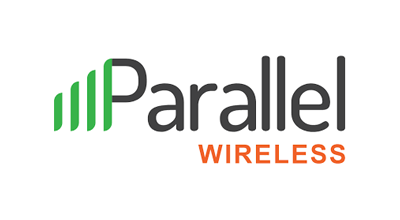


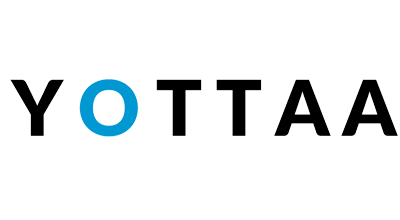



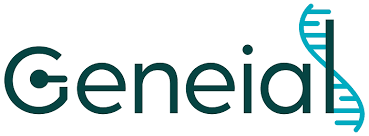
Connecting all stakeholders in a single hub
We help connect all the dots – the mission-critical data and players – improving communication between stakeholders and boosting confidence.
Automate all of your equity operations and financings in one place
.png?width=2000&height=1125&name=CAPITALIZATION%20TABLE%20(DASHBOARD).png)
Manage equity and ownership operations
We can make it easy for companies at any stage to manage their equity and ownership operations.
- Send an offer letter
- Grant equity to new employees
- Manage your cap table
- Generate an ASC 718 report
Organize and secure your documents
Ours is one of the only platforms that provides an automated data room that can instantly organizes your documents and provides customized permissioning allowing you to:
- Simplify the organization of data and documents
- Have one single source of data that is always up-to-date
- Easily share with investors and other stakeholders by updating permissions
.png?width=2000&height=1125&name=Next%20Round%20Planner%20(REPORT%20ONLY).png)
Plan and automate your fundraising faster
We can make it easy to save time and money as you finance your company so you can focus on growing your business while saving money on legal fees:
- Get a 409A Valuation report
- Model various scenarios
- Gather all investor signatures as fast as possible in a single portal
- Fully automate your priced round in a connected hub
Improve communication and access with your board and stockholders
Increase investor and board confidence by streamlining communication and providing customized access.
- Board management
- Streamlined communication in one hub
- Customized permissions to easily share data and reports
Scale your business in one platform
Expert Support
Excellent guidance is always included – our team is ready to help when you need us.


“[The platform] has shown itself to be really flexible and customizable. It takes into account the inherent complexity of the legal process.”
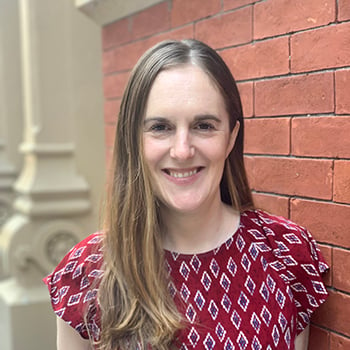
“I really feel like I got hands-on, direct knowledge from working with [Fidelity Private Shares]. There’s nothing I need that [the platform] doesn’t have.”
Highly rated by startup leaders

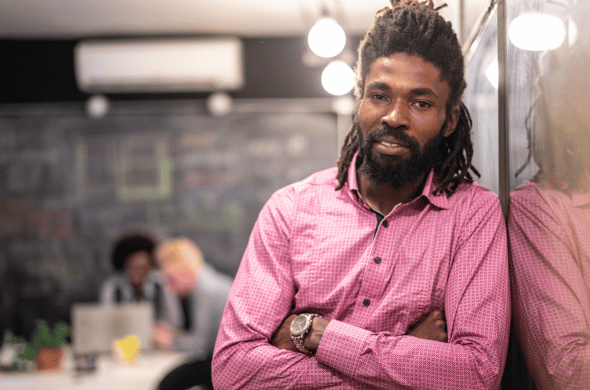
Join our startup community!
More equity management resources
** G2 rating conducted by third-party unaffiliated with Fidelity.
** 409a Valuations are conducted by a third-party.
1124133.1.0